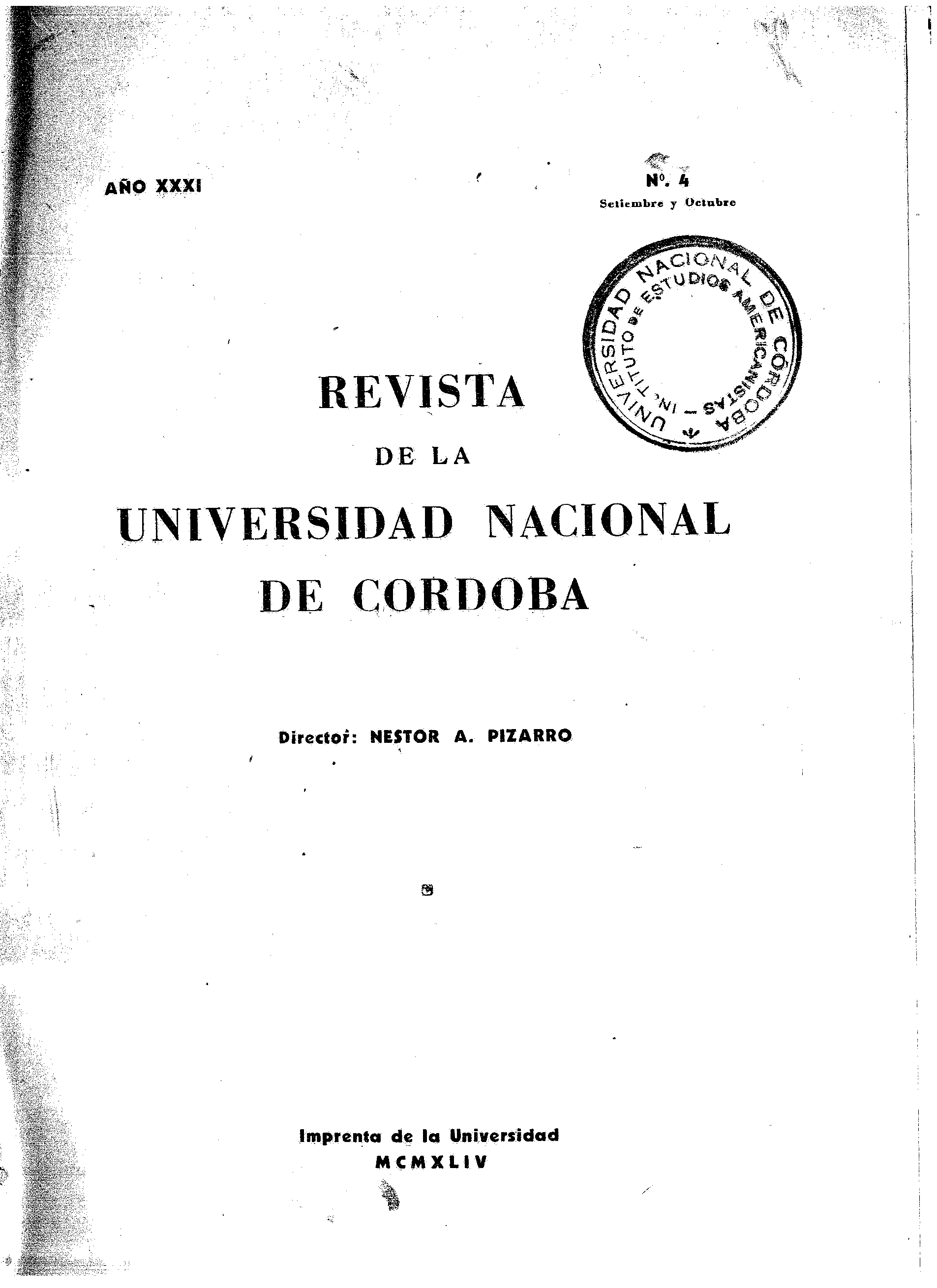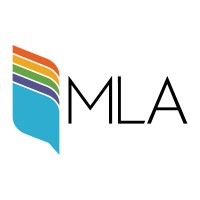Sociology of folklore
Keywords:
Sociologist, Law and social sciences, JuristAbstract
There is a whole series of facts that common sense generically calls folklore, which are of a vulgar character and have a great diffusion among the people. At the same time, there is a discipline that groups and studies them, called the Science of Folklore ... . Such is the object of the present investigation, but not with the purpose of doing it as a folklorologist, who is a specialized theoretical scientist, but with a sociological criterion, in order to consider the generic aspect of the folkloric fact, thus establishing precise and definite conclusions on this very new branch of sociology, which we can simply call Sociology of folklore.
References
RUTH BENEDICT: Folklore, en "Encyclopedia of the Social Sciences". - Mac Millan. Vol. V-VI.
RALPH STEELE BOGGS: Folkiore, en "Handbook of Latín American Studies". 1941, N°. 7. -Cambridge. -Harvad University Press. 1942.
RALPH STEELE BOGGS: El folklore, definición, ciencia y arte. -Imprenta Universitaria - México, 1944.
RALPH STEELE BOGGS: Clasificación del folklore. -"Folklore Américas". June 1944. Vol. IV, N•. l.
UAN ALFONSO CARRIZO: Folklore y Toponimia. -En "Historia de la Nación Argentina". -Buenos Aires. Vol. IV, 1938.
AUGUSTO RAUL CORTAZAR: Bosquejo de una introducción al Folklore. (Conferencias pronunciadas en la Universidad de Tucumán, en Agosto de 1941). Tucumán. Argentina, 1942.
AUGUSTO RAUL CORTAZAR: Panorama y perspectiva de nuestro folklore, en Verbum ("Revista del Centro Je Estudiantes de Filosofía y Letras de Bue-nos Aires"). Diciembre de 1942. Núms. 2 y 3.
AUGUSTO RAUL CORTAZAR: Hacia.. la investigación folklórica integral. (Una tentativa en el "Valle Calchaqui de Salta). En "Revista de la Universidad de Buenos Aires" Abril-Junio de 1944.
AUGUSTO RAUL CORTAZAR; Confluencias culturales en el Folklore Argentino. (Institución cultural española). - Buenos Aires, 1944.
MAURICE R. DAVIE: Folkways, en "Encycloped1a of the Social Sdence". -Mac Millan. Vol. V-VI.
J. IMBELLONI: Concepto y práctica del folklore como ciencia. -Editorial Humanior. -Buenos Aires, 1943.
ARTHUR RAMOS: Defínicao e limites do Folk-lore. -"Revista Brasileira". Publicada pela Academia Brasileira de Letras. -Río de Janeiro. Año III, N•. 5. Marco de 1943.
P. SAINTYVES: Manual de Folklore. (Traducción inédita de María Angélica La Rocca, para el Instituto de Arqueología, Lingüística y Folklore de la Universidad Nacional de Córdoba).
ADOLFO SALAZAR: Las grandes estructuras de la música. -La Casa de España en México, 1940.
PAUL SEBILLOT: Le folk-lore (Littérature orale et Ethnographie traditionnelle). París. Doin, 1913·
WILLIAM GRAHAM SUMNER:'' Folkways (A study of the sociological importance of usages, manners, customs, mores and morals). -Ginn and Company.
A. VAN GENNEP: La formación de las leyendas. -Editorial Futuro. -Buenos Aires, 1943.
CARLOS VEGA: Panorama de la música popular argentina. -Losada. Buenos Aires, 1944.
Downloads
Published
Issue
Section
License
Copyright (c) 1944 Universidad Nacional de Córdoba

This work is licensed under a Creative Commons Attribution-NonCommercial-ShareAlike 4.0 International License.
Commercial use of the original work and any derivative works is not permitted, and distribution of derivative works must be made under a license equal to that which governs the original work.






